Partners
SPIDER is a world-class consortium of academic researchers, industrials and cell developers, and an automotive end user.
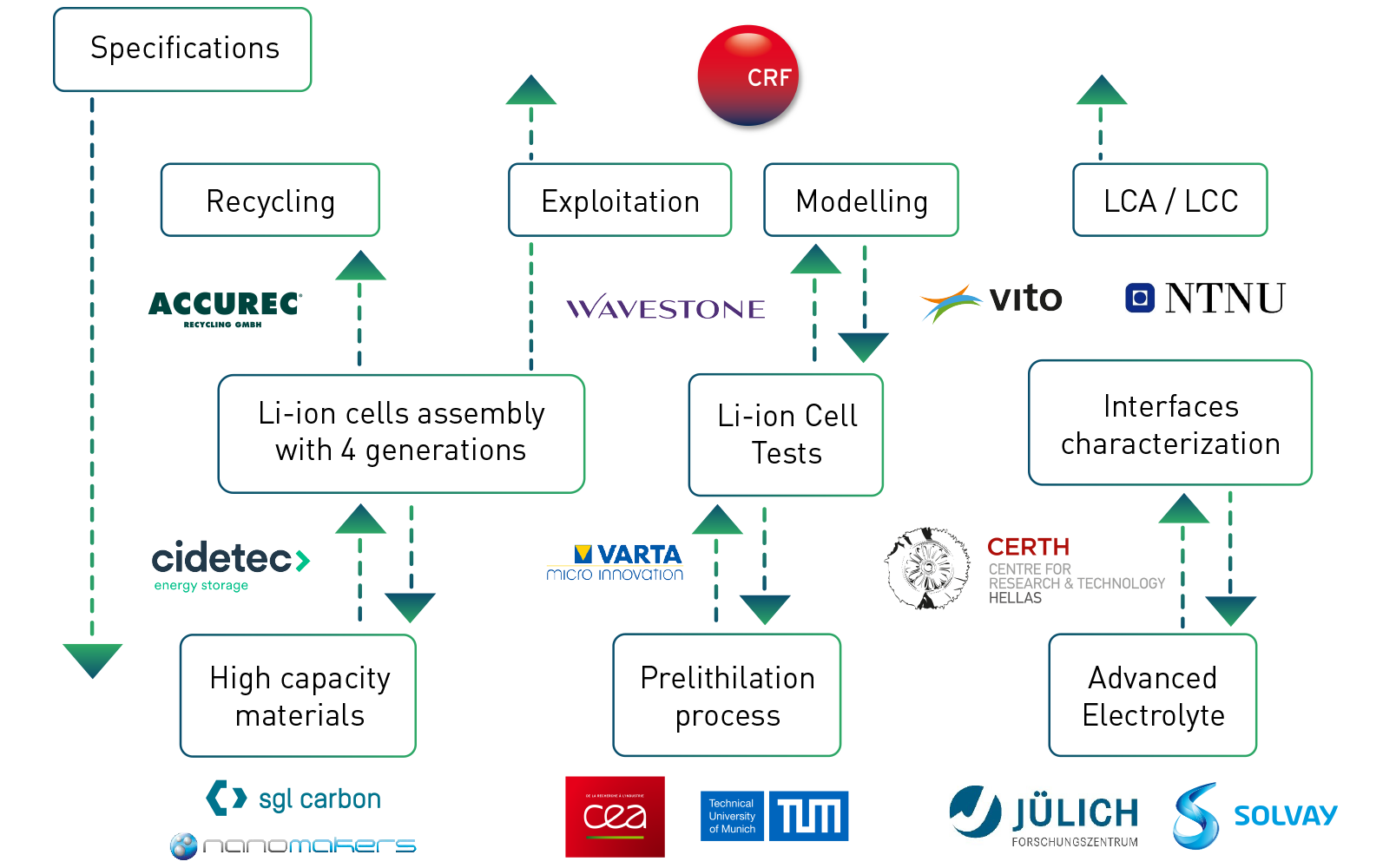
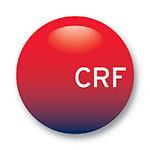
At the Vehicle design level, Centro Ricerche FIAT (CRF) is an industrial research organisation having the mission to promote, develop and transfer innovation for providing competitiveness to the FCA group.
With a full-time workforce of more than 850 highly trained professionals, CRF fulfils his task by focusing on the development of innovative products, implementation of innovative processes development of new methodologies and training of human resources.
To properly cover a very wide technological spectrum, CRF has developed a global network with national and international institutes, private and public research organisations, universities and companies, through the promotion of common research activities, associations, conferences and seminars, and researchers’ mobility.
Website:www.crf.it.

CRF will provide specifications that will serve as input to the material and process developers, namely:
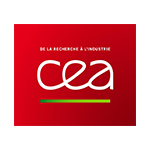
CEA is a French government-funded technological research organization with more than 15,000 employees. Its activities cover four main areas: (i) energy, (ii) defense& security, (iii) health & information technologies, and (iv) fundamental research.
The CEA has participated in numerous European projects both as partner and coordinator and has a long experience in the development of new materials and processes for Li-ion batteries as well as safety evaluation of commercial and R&D battery technologies. CEA is coordinating this project.
Website: www.cea.fr

SGL Carbon is one of the world’s leading manufacturers of carbon-based products. Our product portfolio ranges from carbon and graphite products to carbon fibers and composites, serving many different industries such as automobile, chemical, semiconductor, solar, battery, fuel cell, and aerospace industries.
Our materials for energy storage and conversion systems include amorphous carbons and graphite as anode materials for lithium ion batteries (LIB), gas diffusion layers for fuel cells (PEM-FC), bipolar plates and carbon felts for redox flow batteries (RFB), and carbon or graphite-based additives for advanced lead acid batteries (ALAB).
Website: www.sglcarbon.com/en

Nanomakers creates, produces and commercializes silicon-based patented nano powders, that disruptively increase the properties of industrial materials. After the spin-off from CEA (2009), Nanomakers went on innovating by its own and applied for several patents.
Nowadays, this innovation is mainly focused on the customer value and the (new) applications of its added value-evidenced nano-powders. Thanks to its unique production process which is laser pyrolysis, Nanomakers produces high quality silicon nanoparticles for Li-ion batteries that will be used in this process.
Nanomakers also produces silicon carbide for mechanical strengthening of material, especially elastomers.
Website: www.nanomakers.fr
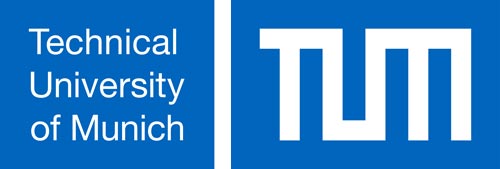
The Technical University of Munich (TUM) is one of the leading university in Germany and Europe (Shanghai ranking: 53), has approximately 41.000 students, wherein nearly one third are female and about 20% are foreign students.
Within the SPIDER project the Institute for Machine Tools and Industrial Management (iwb), which is part of TUM, is participating.
The research institute is working for 7 years on lithium-ion battery topics, mainly related to cell manufacturing, cell design and manufacturing processes.
Website: www.tum.de/en/

ForschungszentrumJuelich (FZJ) is part of the Helmholtz association, employs more than 5,700 members of staff and works within the framework of the disciplines physics, chemistry, biology, medicine and engineering on the basic principles and applications in the areas of health, information, environment and energy.
HI MS focuses on electrolyte development for electrochemical energy storage systems (liquid, polymer, solid-state).
The group at FZJ focuses more specifically on polymer and hybrid electrolytes, including ionic liquid-based electrolytes. Liquid electrolyte development is also done, either within third party projects (EU-SPICY) or as components of gel electrolytes. Interface optimization for alkaline and alkaline-ion batteries is at the core of electrolyte development in the group.
Website: www.fz-juelich.de/portal/EN/

SOLVAY is an international chemical Group committed to sustainable development with a clear focus on innovation and operational excellence. It is realizing over 90% of its sales in markets where it is among the top 3 global leaders.
The Group is headquartered in Brussels, employs about 24,500 people in 61 countries and generated 10.1 billion euros in net sales in 2017 (2017 key figures).
The GBU involved in SPIDER is “Special Chem”. Main technologies are rare earth, from separation to processing, and fluorinated organic – inorganic compounds manufacturing A network of 11 R&I centres allows applications and developments close to the This GBU provides high-added-value solutions to automotive, electronics, high-performance materials, energy conservation and storage.
Website: SOLVAY: www.solvay.com/en

The material and process developers will continuously liaise with the partners in charge of optimising and assessing battery performance, namely:

CIDETEC is a private organization for applied research founded in 1997. Located in the city of Donostia-San Sebastián, CIDETEC is comprised of three international technological reference institutes in Energy Storage, Surface engineering and Nanomedicine.
CIDETEC Energy Storage is specialised in creating new battery technologies according to specific challenges, and its ultimate transference to the industry.
The institute has the capacity to develop complete products and processes and offers material validation, pilot manufacture, pack engineering and battery testing services. CIDETEC overall workforce consists of 170 employees, 95% of whom are university graduates and 50% PhD holders. Its volume of activity came up to € 12.3M in 2017.
Website: www.cidetec.es

VARTA Micro Innovation GmbH (VMI), with registered office in Graz (AUT), is a subsidiary of the battery manufacturer VARTA Microbattery (Ellwangen, DE).
This constellation enables an access to the experience of one of the world’s most traditional and innovative battery manufacturer.
The combination of professional competence in development and production of electrochemical energy storage systems, embedded in an excellent infrastructure, guarantees a rapid transfer of novelty-developed technologies into market-ready products.
This unique configuration enables VARTA Micro Innovation to perform a fast transfer of newly developed technologies into production state.
Website: www.vartamicroinnovation.com

CERTH is a leading research centre and centre of excellence in Greece, consistently holding high position among all European Research Organizations that participate in European projects. More than 600 people work at CERTH with the majority being scientists.
Four spin off companies have been launched through CERTH’s research activities.
The Chemical Process Engineering Research Institute (CPERI) is a founding institute of CERTH with 150 employees and an annual budget of approximately 9 M€.
The Aerosol & Particle Laboratory (APTL) was established in 1996 as a business unit of CPERI and currently employs 32 people.
APTL’s objectives are to conduct basic & applied research and to develop new technological products responding to well-acknowledged market needs in the areas of clean transport & clean energy.
Website: www.certh.gr/root.en.aspx

Finally, 4 partners are in charge of economic and environmental assessment:
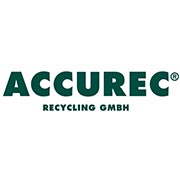
Accurec is a German SME, founded in 1995 with its primary target to constitute the consumer battery recycling market in Germany. Using first time vacuum thermal treatment technology for recycling, Accurec has implemented a zero- emission plant for hazardous batteries (Nickel-Cadmium batteries).
After upscaling and expansion, also for other battery types (Li-Ion, NiMH), Accurec is today a continuously growing, branch leading company.
Thus, Accurec has been awarded several times for its innovative resource efficiency technology (Ecopol 2013, German Resource Agency 2012).
Necessary continuous improvements of process technology, as well as fast changing chemistries in batteries forces Accurec to spend 10% of its turnover for R&D activities.
Website: www.accurec.de

Wavestone is a consulting firm with 2 800 employees on four continents, which provides adapted solutions for innovation, IP and complex R&D management, strategic issues (corporate strategy, business strategy, product strategy, IT strategy, business planning, etc.), transaction services (acquisitions, valuation, post-merger assistance, etc.), transformation management (complex program management, lean management, information system master planning, etc.), and operational performance (business process re-engineering, operational functions transformation, etc.).
The Innovation Management and Funding (IMF) team includes 50 consultants with scientific, technical and financial backgrounds including scientific PhDs, engineers, economists, business-oriented experts, etc. The IMF department combines EU coverage with in-depth local and sectoral knowledge of the management and financing of complex R&D and innovation projects.
Website: www.wavestone.com/en/

VITO is a leading European independent research and technology organisation in the areas of cleantech and sustainable development, elaborating solutions for the large societal challenges of today.
VITO has 750 highly-qualified employees who work on international projects all around the world.
VITO focuses on five different research programmes: sustainable chemistry, energy, health, materials management and land use.
The business unit Energy technology at VITO focuses its main activities on smart systems for intelligent energy networks and has a proven track record on research, development and demonstration projects in the field of innovative energy technologies in general and smart grids and Renewable Energy Sources integration in particular.
Website: vito.be

NTNU is Norway’s largest university with over 1500 full time professors and more then 40 000 students. It is Norway’s main institution in higher education in the fields of engineering and technology.
The Industrial Ecology Program as the leading groups worldwide in the field of industrial ecology.
It has contributed to the advancement of tools such as material flow analysis (MFA), lifecycle analysis (LCA), and input-output analysis (IOA) and their applications across multiple sectors and topics.
The program is currently involved in applied research on circular economy, e-mobility, fossil energy systems (including CCS), wind power, bioenergy, biofuels, biodiversity, transport, infrastructures, metals and materials among other topics.
Website: www.ntnu.edu/
